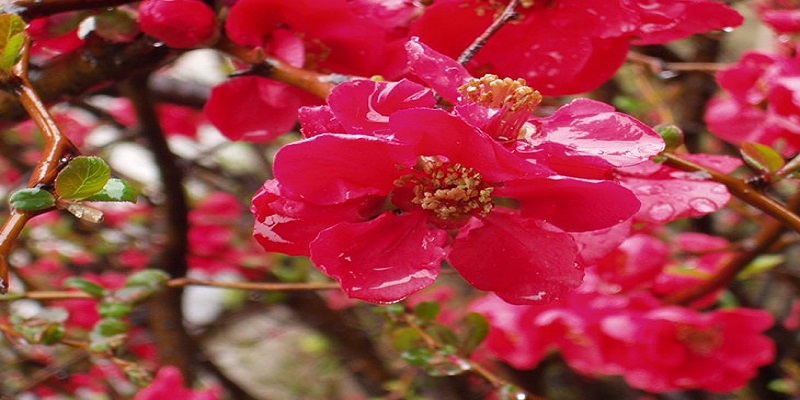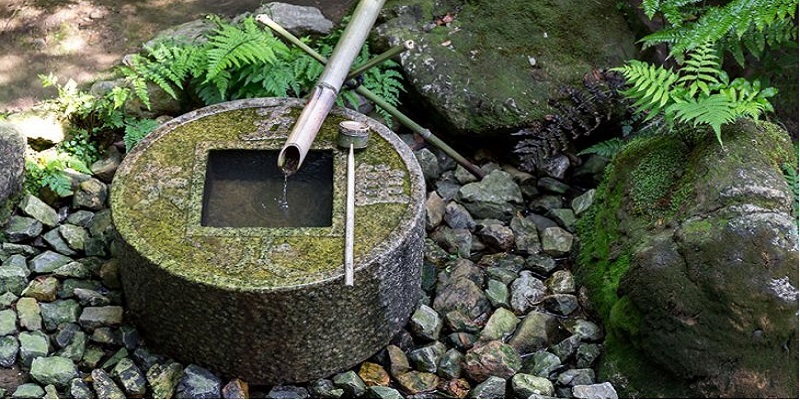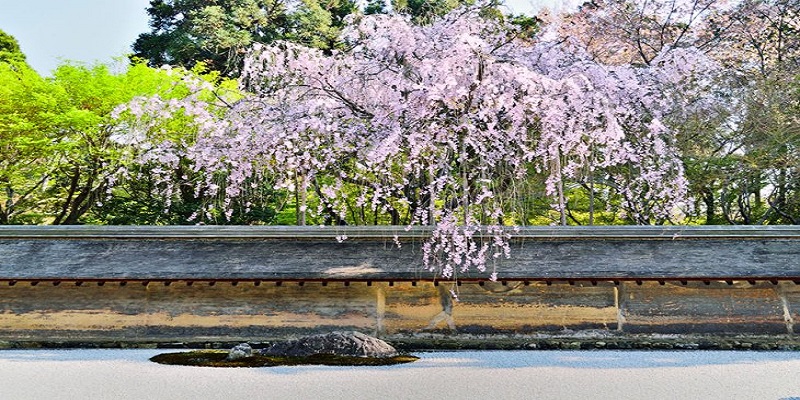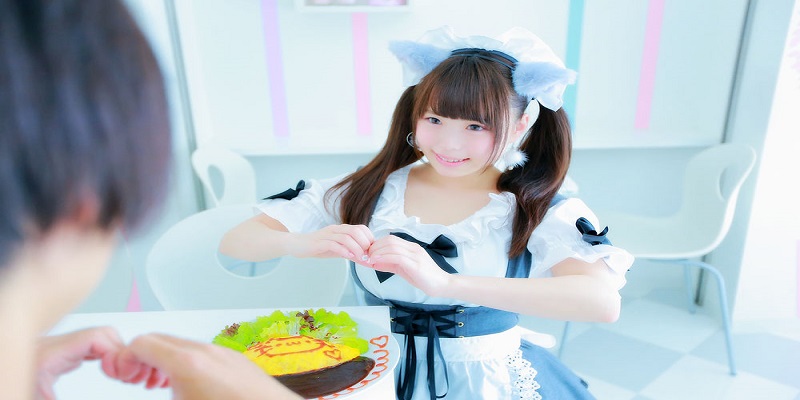Famous for a stone garden of Karesansui is Ryoanji Temple.
* Karesansui Garden means a traditional Japanese dry garden that expresses mountains and rivers just by sands and stones.
Although it is a small temple, it attracts anyhow people’s mind.
It is a temple with full of such charm.
Let me introduce information and photos that once you know and see, you will surely become wishing to visit there.
Contents
What is Ryoanji Temple?

Located in Ukyo Ward, Kyoto City, Kyoto Prefecture, “Ryoanji Temple” is pronounced not as Ryuanji but as Ryoanji. (The Kanji of Ryo is normally pronounced as Ryu.)
The principal image is Shaka Nyorai Buddha, and it is a temple registered even as a cultural treasure of the old Capital Kyoto.
Address: 13 Ryoanji Goryoshitacho, Ukyo Ward, Kyoto City
Opening hours: 9AM to 4PM
Admission: Adult/ High school student 500 Yen, Junior high school and elementary school student 300 Yen
Official site: http://www.ryoanji.jp/smph/eng/
Please check and confirm the latest information at the official site.
Famous for a Stone Garden, Ryoanji Temple

Established in the Muromachi Period, Ryoanji Temple is famous for a stone garden, Hojo Teien garden of Karesansui.
In the stone garden of Ryoanji Temple, there are spread all over white sands in width of 25 meter and depth of 10 meter, and are located 15 stones of big and small.
From the allocation of such stones, the temple is also called as “Tora no Ko Watashi no Niwa”, and “Shichi Go San no Niwa”.
In the stone garden, white stones produces the dignified space.
By the way, the stone garden of Ryoanji Temple is also famous that the stones are so allocated that one stone will always be hidden when you look from any position.

Why Stones Allocated so as One Stone Cannot Be Seen?


It is said that in the orient, the number of “15” is the number that expresses perfect.
That means because “the stones are so allocated that one stone will always be hidden”, you can only see “14”.
So it includes a message of “imperfect”.
In other words, it is said that there includes the thought of “look at yourself well, and look again at what is missing from yourself, and you should have a mind of thankfulness to yourself as you are”.
It is impressive and interesting to know the meaning of stones in the garden.
Hidden Place in the Gate Attached to the Main Building


Inside the room of Hojo (the gate attached to the main building) of Ryoanji, although many people visiting Hojo view the stone garden sitting on a narrow wooden deck, this room is actually created for viewing by standing in the room.
Earlier, although I explained that the stones are so allocated that one stone out of 15 stones that are in the stone garden is always hidden, when you view from inside the room of Hojo by standing, it is said that there is a point from where you can view all the stones.
You may wish to find the only one point, where imperfect becomes perfect, and where you can view all 15 stones.
The Oldest Camellia Wabisuke in Japan


In Ryoanji Temple, there is “Camellia Wabisuke” that is the oldest in Japan, and that is said that Sen no Rikyu (a tea master during the Sengoku and Azuchi Momoyama periods.) greatly admired it.


It is said that early February through late March is the best season to see.
“Chisoku no Kokoro” Explained by Shaka


Chisoku no Kokoro means mind of knowing contentment.
Tsukubai, a stone wash basin of Ryoanji Temple is shaped of an ancient money.
When you look the mouth of waterbasin as “mouth”, you can read as “You, Who, Contentment, Knowing” (clockwise).
Some Chinese characters are made of combination of two characters.
One part of character is written on the edge of wash basin, so you can read it as one character with combination of character of “mouth”.
So, it is said that it was designed of “Chisoku no Kokoro” explained by Shaka.
By the way, the meaning of these words is “even if you cannot see only 14 stones of the stone garden at once, you should not think that you are dissatisfied, but you should have a mind of contentment”.
Oshidori-ike (Mandarin Duck pond) of Beautiful Water Lilies


It is said that commonly known as “Oshidori-ike Pond” of Ryoanji Temple was more famous than the stone garden in the Heian Period(794 – 1185).
This pond where many mandarin ducks visit is the most beautiful during around water lilies blooming, from May through July.
Ryoanji Temple Springe and Autumn


In spring, during cherry blossom season, you can view beautiful landscape that cherry blossoms are standing out in the white stone garden.


As autumn deepens, red and yellow maples add color to the stone garden.
Even around the vast mirror pond that occupies almost half of the precincts of the temple, the maple is vividly colored.
You can spend a relaxing time walking along Oshidori-ike pond.
Let’s Go Out For a Trip
Here is after all the best in Kyoto…
Although Ryoanji Temple is now in a humble and small ground, at the time when it was built, it is said that its ground covered until around railways of Keifuku Electric Railroad.
When you visiyo Kyoto, go to Ryoanji Temple first, and please trying whether it is true that you cannot see only 14 stones from anywhere out of 15 stones in the stone garden.













![11 Maid Cafe Ranking in Tokyo [Recommended even to beginners and ladies!]](https://jatrabridge.com/wp-content/uploads/slider/cache/11597c33ae53b47eb36a2f67968e635f/Maid-Cafe-Ranking-in-Tokyo2.3.jpg)
















